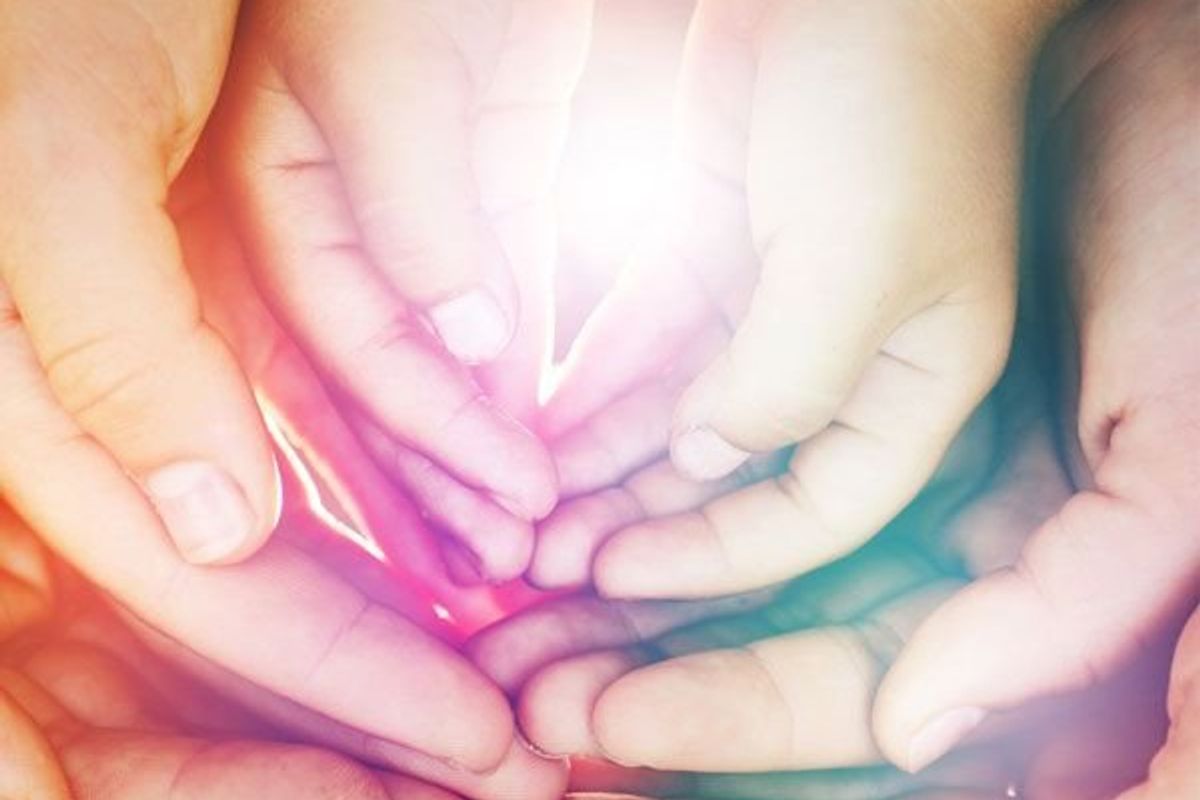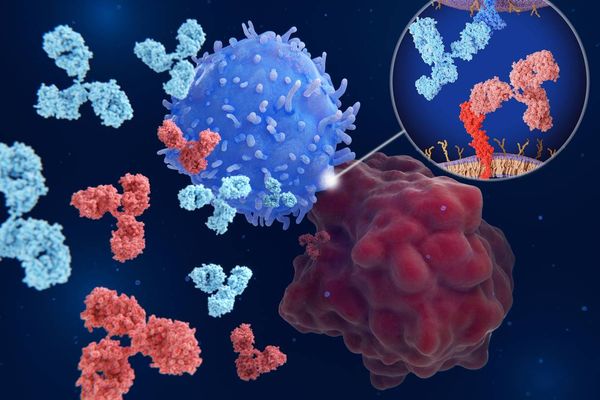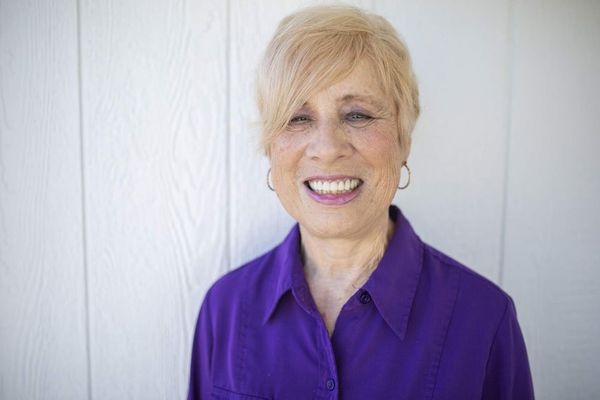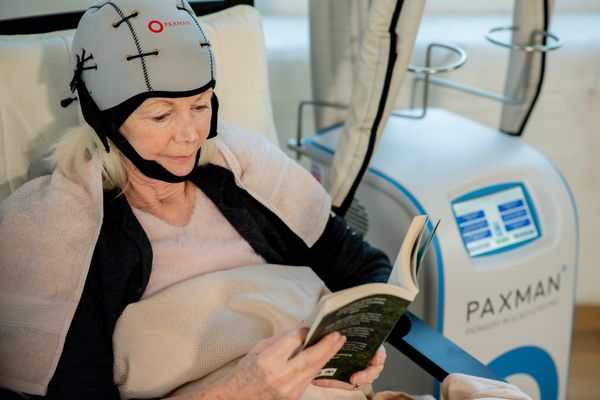Perhaps the people who are hit the hardest after a cancer diagnosis are the children of the affected individual. This is especially true when dealing with kids who are still dependent on their sick parent and may not be able to cope as well as adults.
But it's important not to underestimate the ability of your child to comprehend difficult situations and deal with them in an appropriate manner, whatever that may be for them. As you learn to cope with a cancer diagnosis, do not forget your main purpose as a parent: to teach them what you know.
Helping children understand cancer
Depending on their age, kids may have little to no knowledge of what cancer is. It may be a good idea to begin with some basic facts about the disease. For instance, let them know that each case is different. If they are old enough to know that some people die from cancer, then explain that a cancer diagnosis is not usually a death sentence. Advances in modern medicine have come a long way in extending the lives of cancer patients and even putting certain malignancies into remission.
Very young children may need to be told that cancer is not contagious and that a diagnosis is not anyone's fault.
You may be able to help older kids better deal with a parent's cancer by educating them on things like chemotherapy and surgeries that have been shown to be effective.
Most importantly, talk to children about your or your partner's specific illness. Do some research and speak with your oncologist so you have an accurate, comprehensive understanding of the condition and will be able to relay these facts to your kids. Factors like the parts of the body affected, the stage of the cancer, potential treatments and survival rates may help the whole family come to an understanding of what you're up against.
Help your child know what to expect by explain what may happen to you physically and emotionally, such as loss of hair, nausea, tiredness, bloating or weight changes, effects of surgery, sadness or moodiness, forgetfulness and whatever other changes you think may occur. Make it clear that you may have some rough times ahead but they are likely temporary—and that you still love them, even when you feel bad.
Maintaining normalcy in their lives
During this difficult time, you may be tempted to put a hiatus on things like their after-school activities and socializing. However, this will only make the situation seem more intense to your children, because they'll not only notice that things have changed, they'll also have fewer fun distractions and a smaller support network as a result. If you are not physically up to doing the activities, ask for help. Many people are likely to ask you what they can do for you; don't be afraid to tell them.
Additionally, you may want to be as vigilant as you were before about making sure your kids do well in school—both academically and socially. Letting them slip in their studies can lead to a downward spiral of poor grades and bad behavior. But do realize that it may be harder for them to concentrate with the news weighing heavily on their minds, and explain to their teachers what's happening. It could be that extra attention from their instructor or a tutor is just what they need to regain focus and maintain good grades.
Coping mechanisms may help kids get through the worst times
In addition to educating children on cancer and keeping a normal routine, there are some things you can do to help your son or daughter cope.
For younger kids, attention and affection can go a long way. Children are still pretty self-centered until they reach school age, so you may be surprised what lots of hugs, a special dessert or even a small gift can do to cheer them up. When they're feeling sad, try to talk to them in plain, matter-of-fact terms, and let them know that they're not alone in this experience.
Children between the ages of 5 and 9 should be encouraged to ask questions and express themselves, because they're at an age when the situation may not be clear but they try to fill in the blanks on their own, potentially leading to scary results. Additionally, kids this age may be helped by seeing a sad movie or hearing a story about someone who is sick to get them to express their feelings.
Preteens and teenagers may struggle with their desires to become independent, hampered by a need to be close to their sick parent. You can balance this by both giving them space and making yourself available to either talk or simply spend some quiet quality time with them.
Support groups can help kids and adults deal with illness and loss, so ask your health care provider for recommendations or do an Internet search for organizations in your area.







